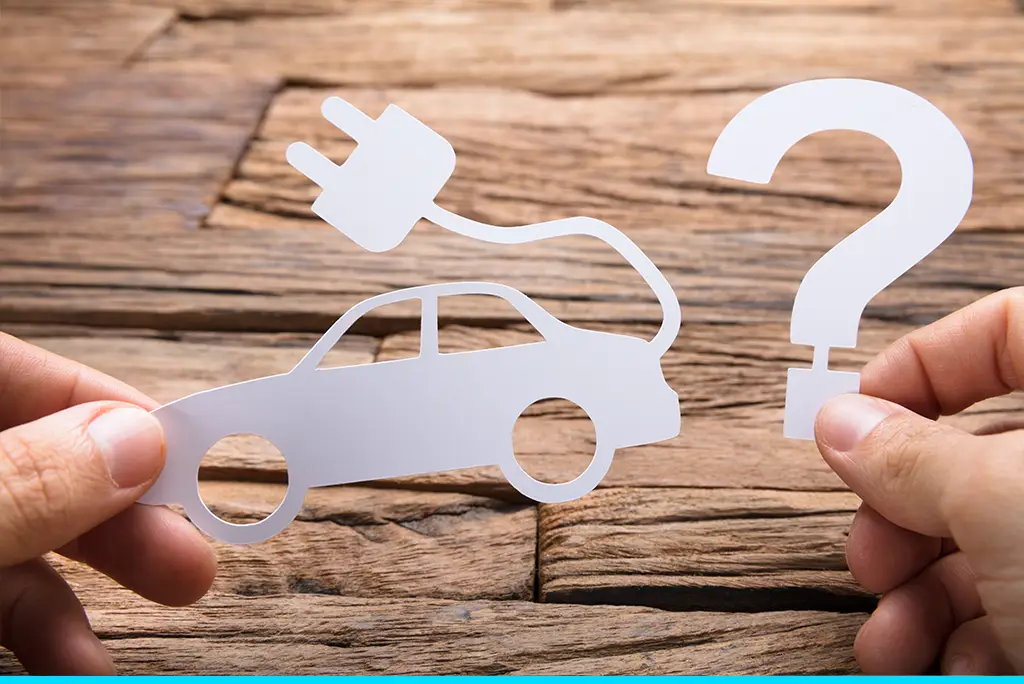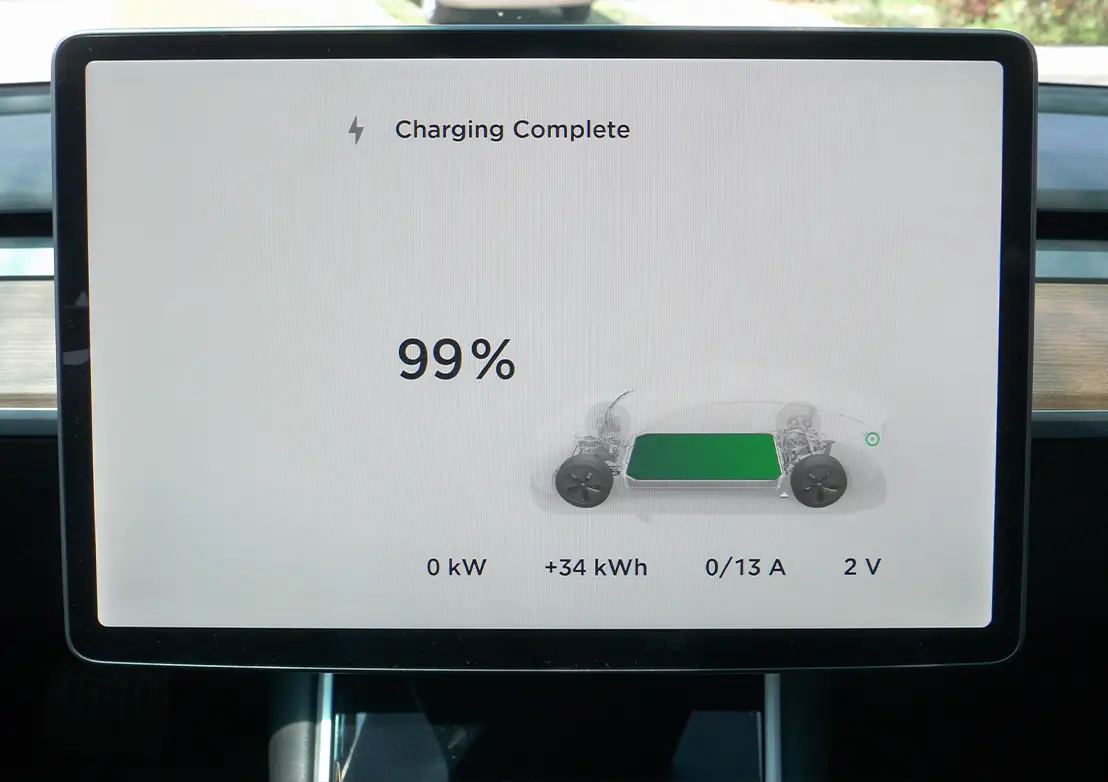S h a r e
“I’m not sure about driving an EV on salary sacrifice because…”

Posted by
Charlie Strand
September 2024
Fleet Alliance challenges some of the myths surrounding electric cars
Salary sacrifice is the most popular way of funding vehicles at the moment. In the most recent analysis of the leasing sector by the British Vehicle Leasing & Rental Association (BVRLA), the volume of salary sacrifice grew by an incredible 63%.
We can happily report that we are seeing similar progress with our own Electric Car Salary Sacrifice Scheme with new inititiatives recently instigated at The Unity Schools Partnership and at transmission specialists Xtrac, amongst several others.
But despite this success, there continues to be pushback from many drivers who remain nervous or uncertain about the benefits of electric cars.
Here, we take the opportunity to answer some of these uncertainties with answers based on fact, rather than the myth-whispering circulating on both social and mainstream media.
Myth: Electric cars are just too expensive
There’s no question that electric cars started out expensive, with most car makers taking a top down approach to the market.
But that has largely happened and we’re definitely into the stage of lower cost electric cars. The most obvious example is the Dacia Spring, labelled ‘Europe’s most affordable new electric car’. With a starting price of £14,999 it represents outstanding value; you can lease one from our sister company Intelligent Car Leasing for under £250 a month.
But the whole point of electric car salary sacrifice is to make access to electric cars more affordable, and to make them more accessible to a wider range of people within a company that would not normally not qualify for a company provided car.
The system is quite straightforward and works in the way many other employee benefits are offered by making the most of tax breaks that are available.
You pay for the lease of an electric car out of your gross salary – this includes not only the car, but all maintenance and insurance costs – which lowers your taxable income. Even if you have to pay a small amount of company car tax, the tax benefits work in your favour.
It is thousands cheaper than paying for a personal lease of the same car from your taxed income. We have some worked examples for you if you want to know more, read: How much do drivers really save on salary sacrifice?
So if you want to go electric, but think you cannot afford it, then consider salary sacrifice for your company.

Myth: I’m worried about running out of electricity
I do get this – and it’s fully understandable if you don’t drive an EV – to be apprehensive about range.
If you enjoy the benefit of a home charger that’s where you will do the majority of your car charging: the average daily drive is about 18 miles or 127 miles a week – quite happily within the average range of an EV (which is currently 236 miles but set to rise as battery range improves).
For longer journeys you do need to do some additional planning about where you are going to stop. I usually look for ultra fast chargers that can provide a quick top up – but there are plenty of apps to help you achieve this, while the Zapmap website provides a useful guide to users’ favourite charging stations.
Charging is not an inconvenience. Think about this way: if you plan to take a break every two hours for a cup of coffee or similar, the downtime is about 30 minutes. Which is time enough for a fast charger to top up your car’s battery to 80%.
So concerns about range are misplaced. In fact the AA reports that out-of-charge breakdowns are now at under 2% of all emergency call outs, so running out of battery charge is more myth than reality!
Myth: I’m concerned about the safety of electric cars
This is understandable. There have been many stories circulating on social media about electric cars bursting in flames; at one stage the Luton Airport fire was attributed to an EV bursting into flames – in actual fact it was a Land Rover Discovery Diesel.
A report in the International Fire & Safety Journal found research from the Swedish Civil Contingencies Agency that electric vehicles are 20 times less likely to catch fire than a petrol or diesel car. The journal concluded that petrol and diesel cars were more likely to catch fire than EVs.
It’s certainly true that should an EV’s battery catch fire it is more difficult to contain, but to give you some reassurance, the Fleet Alliance company fleet has been running EVs since 2018 and we have not had an issue with fires.
In fact, across the 30,000 fleet of vehicles that Fleet Alliance manages, with 77% of all new and replacement orders being electrified, there has not been a single EV fire recorded.

Myth: Can you charge an EV in the rain?
This one is simple to answer. With our headquarters based in Glasgow, I can personally reassure you that it is safe to charge your EV in the rain. We have a lot of rain in Glasgow!
Myth: Electric cars pollute more than petrol or diesel cars
This is a myth that is often found that EVs had to travel over 50,000 miles before they were cleaner than combustion engines – and that was due to the CO2 associated with manufacture of the car and the battery.
But this is not the case. It takes about 11,000 miles for an EV to pay off its carbon debt – the amount of carbon created to produce the vehicle – according to the International Council on Clean Transportation. What’s more the Life Cycle Greenhouse Emissions of EVs will further reduce as newer vehicles are produced using greener electricity powered by renewable energy.
From my own perspective, the knowledge that the tailpipe emissions from my car are zero is of great comfort that I am not contributing to local pollution in urban areas and around schools.

Myth: I’m worried about the lifespan of an EV battery
Whether you are on an EV salary sacrifice scheme or are being provided with an electric company car, you will be provided with a brand new vehicle that comes with a battery warranty. This warranty covers the car for eight years and 100,000 miles. All new EVs have the same warranty.
In reality you are unlikely to ever need it. Most batteries are expected to outlast the vehicle. In fact there are many examples of EVs running for thousands of miles – including a Tesla Model S which has covered over 400,00 miles.
Not one of the Fleet Alliance electric company car fleet has ever had a battery problem – and we’ve been running them for six years now. COO, Nigel McMinn travels to and from Newcastle weekly for work (round trip of just over 300 miles) in his Porsche Taycan resulting in over 40,000 miles driven since he took delivery of his latest EV in 2022.
Myth: Electric cars are too complex for me
Let’s face it, we can all be a little hesitant about facing something that’s new, especially when it comes to technology.
It’s natural.
And I can understand the apprehension of switching from an established type of driving using petrol or diesel to one that is electrified. But put such fears aside.
Electric cars are easy to drive. For a start there are no gears: it’s either Drive to go forwards, or Reverse to go backwards. How simple is that?
And then there’s a much calmer, more serene driving experience – that’s partly to do with the lack of noise, because there is no engine, no thrumming or rattling diesel sound.
Many of the new EVs on the market also come with a variety of driving aids as standard, such as reversing cameras to make parking easier and safer, all of which helps to make the EV driving experience more relaxed and pleasurable.
So don’t be put off.
Driving an EV is a great experience – our staff driving company cars would not return to an old-school combustion engine – and 100% of our own Fleet Alliance company car fleet is fully electric.
Now is the time to drive an EV – and leave behind the myths and untruths surrounding EVs.
If you’re ready to go electric, speak to us today about our electric car salary sacrifice or electric fleet solutions. You might be surprised just how cost-efficient, and practical, electric cars can be for your business.
You also might like…
If you liked this article then check out our posts about similar topics
First Drive: Why Audi’s Q4 e-Tron matters
The Company Car Sweet Spot for future-proofing your Fleet An Audi badge says professional without drifting into show-of...
First Drive: Jaecoo 7 – Range-Rover Looks on a £30k Budget
Why this newcomer matters China’s Chery Group is taking the UK by storm with a two-brand strategy: Omoda targets mains...
Good-enough lease rates aren’t good enough anymore: Introducing Multi-Bid Tendering
In a climate of persistent inflation, unpredictable tariffs and relentless cost pressure, “we’ve always done it this...
Become a Fleet Alliance business partner
I am writing to you about the opportunity to become a business partner of Fleet Alliance The commercial arrangement a...
Charting a Greener Course: Chris Rowthorn signs the Business Wales Green Growth Pledge
When seasoned automotive finance professional Chris Rowthorn left MotoNovo after more than two decades to become a Flee...
Outsourcing Your Fleet: 10 Reasons Fleet Alliance Makes Perfect Sense for Busy Fleet Managers
Running a large corporate fleet means you’re under constant pressure to hit cost, compliance, and sustainability targe...
What makes Fleet Alliance a winner in the SME fleet sector?
We all like an award, an additional trophy for the cabinet - the recognition is important and it’s always good to rece...
10 great cars to have on salary sacrifice 2025
Employers and employees are really catching on to salary sacrifice because you can drive a brand new electric car (EV) a...
Ready to make the management of your fleet more efficient?
Request a call back
